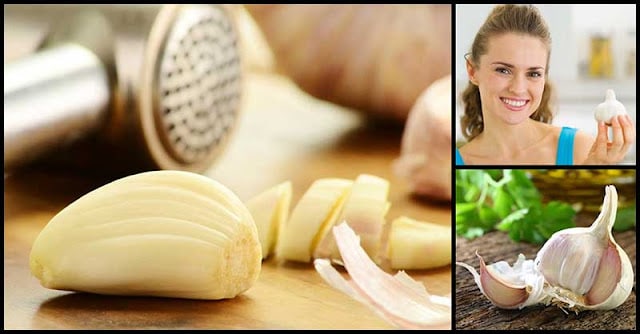A healthy diet is linked with a lower risk of cancer. At present, lung cancer is one of the leading causes of death in both men and women, whether they smoke or not (since being just around second-hand smoke can increase our risk by up to 30 percent).
Lung cancer is the uncontrolled growth of abnormal cells in one or both of the lungs. This growth can spread beyond the lung into nearby tissue and other parts of the body. Some of its early symptoms are persistent cough, shortness of breath, feeling weak or tired, chest pain, hoarseness, and bronchitis or pneumonia that keep reoccurring.
Fortunately, certain foods like garlic can help us breathe easier and lower our risk of lung cancer as well as other types of cancers.
Garlic and Cancer Prevention
In a study published online in the journal Cancer Prevention Research, researchers at Jiangsu Provincial Centre for Disease Control and Prevention found that individuals who ate raw garlic two or more times a week were significantly 44% less likely to get lung cancer, even if they smoked or were exposed to high-temperature cooking oil fumes, which is thought to be another trigger for the disease. Due to this finding, experts concluded that garlic can potentially serve as a preventive agent against lung cancer.
According to previous studies, the chemical allicin which is present in garlic is the one responsible for this effect. This key component can help lower down inflammation in the body and act as an antioxidant that reduces damage from so-called free radicals to the body’s cells.
One the other hand, some experts claim that raw garlic contains high amounts of a compound known as diallyl sulfide, which is thought to be responsible for its anti-cancer-protective effects. It’s better to consume it raw since cooking or pickling it greatly decreases the levels of diallyl sulfide. Experts recommend that once we mince garlic, we need to leave it open to the air for 10 minutes before sauteing or adding it to our food in order to allow chemical reactions to take place which in turn enhances garlic’s anti-cancer capabilities.
Moreover, a study from the New York-Presbyterian Hospital and Weill Cornell Medical Center suggested that a compound found in garlic – selenium – may possess an anti-cancer property.









